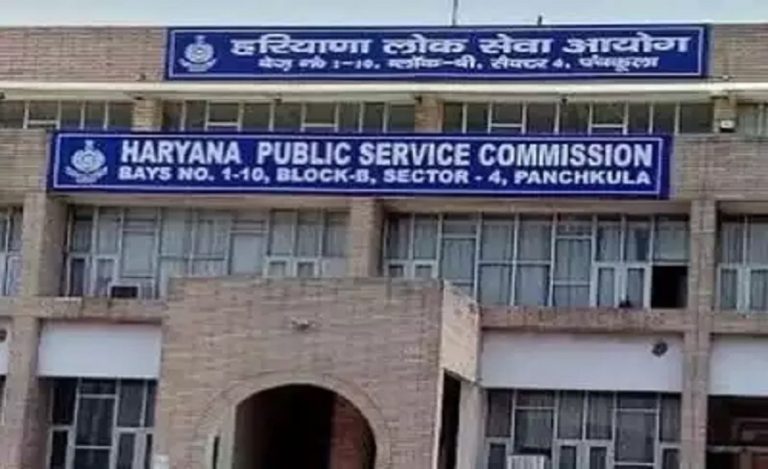Uttar Pradesh Chief Minister Mr. Yogi Adityanath on Tuesday inaugurated the integrated monitoring system portal for Atal Residential Schools during the “Rozgar Mahakumbh 2025” at Indira Gandhi Pratishthan in Lucknow. The initiative will enable real-time digital monitoring of all 18 Atal Residential Schools in the state, providing a new model of modern, disciplined, and quality education for children of labourers.
Also Read: UP: Yogi Government Launches DEWEE Program to Empower 1 Lakh Women Entrepreneurs by 2030- Know More
Modern infrastructure and ERP-based education management
The system has been powered by an ERP (Enterprise Resource Planning) platform at the Atal Command Centre. This digital framework will streamline school management with tools for attendance monitoring, staff profiling, academic evaluation, financial tracking, CCTV integration, and student records management. Officials said the ERP system will ensure transparency, accountability, and efficiency in educational operations.
Transformative step for 18,000 children
Mr. Yogi described the initiative as a “historic step” that will benefit nearly 18,000 students enrolled in Atal Residential Schools. These schools, established for children of workers associated with the Building and Other Construction Workers Welfare Board, provide free lodging, nutritious meals, and state-of-the-art learning facilities.
“The Atal Residential Schools are a boon for children of labourers, offering modern education in a disciplined environment with cutting-edge infrastructure,” Mr. Yogi said.
Expansion of integrated campus model
Mr. Yogi also announced that a similar integrated campus model is being extended to basic education in Uttar Pradesh. In the first phase, 57 Mukhyamantri Abhyudaya Composite Schools are being established across the state to strengthen the foundational learning ecosystem.
Digital justice for workers
In addition to the education reforms, the Chief Minister launched three new digital platforms during the event — the “Shram Nyay Setu” portal, an industrial tribunal website, and an e-court portal. These platforms aim to provide transparent, quick, and time-bound justice to workers, reinforcing the state government’s commitment to labour welfare and social justice.




























